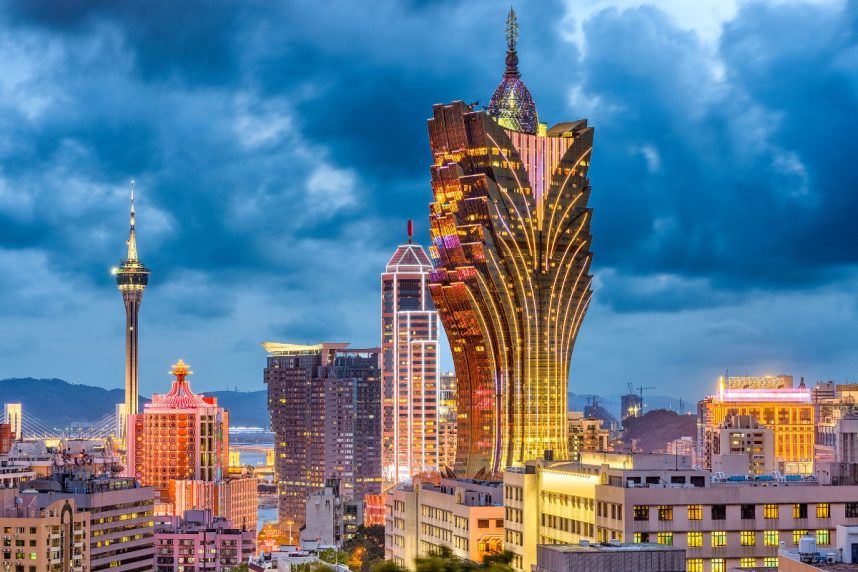


Posted on: April 1, 2024, 09:43h.
Last updated on: April 1, 2024, 09:50h.
The Macau Gaming Inspection and Coordination Bureau reported Monday that the enclave’s casinos won MOP19.5 billion (US$2.42 billion) from gamblers in March.

March 2024 marked a more than 53% year-over-year boost and was 5.5% better than February when the city hosted many Chinese New Year travelers. March outpaced the consensus forecast among analysts focused on the region — the only place under China’s control where slot machines and table games are allowed — which predicted a 49% year-over-year improvement.
March was Macau’s second-richest monthly casino win since the city reopened its borders in January 2023.
Through three months of 2024, GGR in what was the world’s richest gaming market before the COVID-19 pandemic — a title since reclaimed by Nevada — has rebounded 65.5% from the same period in 2023. The region’s six casino licensees — Sands, Galaxy, MGM, Wynn, SJM, and Melco — won $7.11 billion in the first quarter.
Macau has a vastly different operating climate for the six casino concession holders than it did pre-pandemic. China used the global health crisis to improve its national security, and a pillar of the undertaking was preventing large amounts of money stop fleeing the Communist Party’s control.
During the health crisis, Beijing instructed Macau to more closely scrutinize casino junket groups that for years had brought the mainland’s wealthiest VIP gamblers to the Special Administrative Region (SAR) to gamble in private high-roller rooms. China President Xi Jinping levied accusations that junkets facilitated the transfer of large amounts of cash through the tax haven. The Chinese leader says that poised national security risks.
Macau, a tax haven that operates under China’s “One Country, Two Systems” policy that gives the region a high degree of governance autonomy, agreed to crack down on the VIP travel industry to limit the illicit flow of money from the mainland to Macau for the specific purpose to gamble. As a result, junkets are largely gone from Macau.
That has forced the six casino companies, which have invested many billions of dollars each into their resorts around town, to switch their focus to the general and premium mass public.
Some Macau analysts believe the casinos have already successfully pivoted to the general and coveted premium mass-public demographics.
Those market observers are optimistic about 2024 and the years ahead. Analysts at JPMorgan said last week there are no signs of an impending slowdown. Other brokerages aren’t so convinced.
March GGR was a significant improvement from March 2023, but the $2.42 billion represents 75% of the pre-pandemic March 2019 revenue. Since China and Macau began reopening their borders to international traffic by ending “zero-COVID” in late 2022, the best month related to 2019 was December 2023 when GGR returned to 81% of the pre-pandemic level.
Macau’s post-COVID recovery path is slowing as China’s economic growth loses momentum,” Shirley Zhao and Katia Dmitrieva, economics correspondents for Bloomberg, said Monday. “Slowing growth came despite rising numbers of tourists, suggesting per person spending weakened amid deteriorating consumer sentiment.”
Paired with the public possibly scaling back their spending are ongoing rising costs for the casinos. Along with inflation, the casinos continue to meet their nongaming investment obligations as dictated through their 2022 relicensing terms.